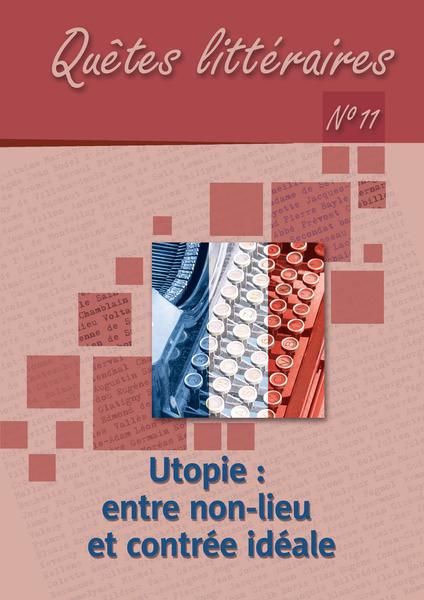Azor d’Aunillon : l’équivoque du langage dans un récit utopique de 1750
Aunillon’s Azor: the ambiguity of language in a narrative utopia from 1750
Author(s): Stanisław ŚwitlikSubject(s): Politics / Political Sciences, History, Language and Literature Studies, Literary Texts, Studies of Literature, Diplomatic history, History of ideas, Modern Age, French Literature, Philology, Theory of Literature
Published by: Katolicki Uniwersytet Lubelski Jana Pawła II, Instytut Filologii Romańskiej & Wydawnictwo Werset
Keywords: Aunillon; Azor; narrative utopia; critical thought of the Enlightenment; language
Summary/Abstract: While included in Garnier’s collection, Azor, a little known work of Aunillon from 1750, does not follow the literary rules of most narrative utopias. However, the complex story presents critical thinking about the development of refined societies. The change which a mute community experiences on an island while learning to speak calls into question the future of this happy society, but no narrator’s commentary elaborates on this turning point in the utopia. In Azor, language becomes an ambiguous object which allows for the critical consideration of the steps necessary to access philosophical sophistication but also implicitly highlights problems associated with too hasty a progress. Through the narrative plot, the judgment on civilization reveals a subtle and skillful examination of hopes and challenges of the Enlightenment, articulated in a narrative utopia as in a laboratory of ideas. Aunillon's work is part of the debates of the mid-century by expressing a nuanced validation of civilization.
Journal: Quêtes littéraires
- Issue Year: 2021
- Issue No: 11
- Page Range: 48-59
- Page Count: 12
- Language: French

